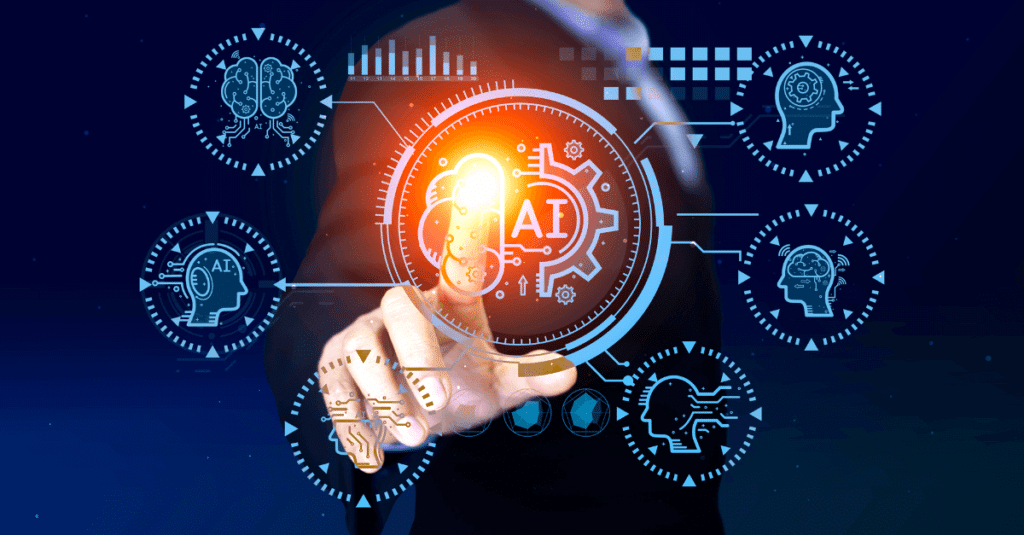
In the digital age, personalization is no longer a luxury — it’s an expectation. Consumers are flooded with content daily, and only the most relevant messages get their attention. That’s where Artificial Intelligence (AI) steps in, revolutionizing how brands connect with their audiences through personalized marketing campaigns.
What Is Personalized Marketing?
Personalized marketing involves tailoring messages, offers, and content to individual users based on their behaviors, preferences, and interactions. Think of it as delivering the right message to the right person at the right time — at scale.
Traditional personalization strategies rely on segmentation and manual analysis, but they hit a wall when trying to handle vast amounts of customer data in real time. AI breaks that wall down.
How AI Powers Personalized Marketing
1. Advanced Customer Segmentation
AI can analyze millions of data points — from website clicks and purchase history to social media activity — to identify micro-segments within your audience. Instead of lumping people into broad groups, AI can help marketers create hyper-targeted personas.
2. Predictive Analytics
What will your customer do next? AI models can predict user behavior, such as likelihood to purchase, churn risk, or preferred content types. This foresight enables marketers to proactively deliver the most relevant experience.
3. Dynamic Content Creation
AI tools can help generate personalized content for emails, product recommendations, landing pages, and even ads. For example, an AI-powered email marketing platform might send completely different product suggestions to two users based on their browsing habits — all without manual input.
4. Real-Time Interaction
AI chatbots and recommendation engines enable real-time personalization. As a customer browses a site, AI can instantly offer tailored suggestions or assistance, improving engagement and conversion rates.
5. Optimized Campaign Performance
AI continuously monitors campaign results, tests variations, and refines messaging automatically. This closed feedback loop ensures that campaigns adapt over time for better performance.
Real-World Examples
- Amazon uses AI to suggest products based on browsing history, purchase patterns, and customer demographics — driving a significant portion of its revenue through recommendations.
- Spotify curates custom playlists like “Discover Weekly” using machine learning algorithms that analyze listening habits and compare them with other users’ data.
- Netflix personalizes content thumbnails and recommendations based on viewing history, which keeps users engaged and reduces churn.
Benefits of AI in Personalized Marketing
Increased ROI: Personalized campaigns have higher conversion rates and better engagement.
Better Customer Experience: AI ensures messaging feels more relevant and less intrusive.
Scalability: Automate personalization across millions of users without increasing manpower.
Faster Insights: Real-time analytics and optimization make campaigns more agile and responsive.
Challenges and Considerations
- Data Privacy: Handling customer data responsibly is critical. AI solutions must comply with GDPR, CCPA, and other regulations.
- Bias in Algorithms: AI learns from data, and biased data can lead to biased outputs. Transparency and auditing are essential.
- Integration: Combining AI tools with existing CRM or marketing platforms requires proper infrastructure and strategy.
Final Thoughts
AI is no longer the future of marketing — it’s the present. Businesses that embrace AI for personalized marketing are not just keeping up; they’re staying ahead. By delivering smarter, more relevant experiences, AI helps build stronger customer relationships, improve brand loyalty, and ultimately drive revenue growth.
If you’re not leveraging AI for your marketing yet, now is the time to start.
